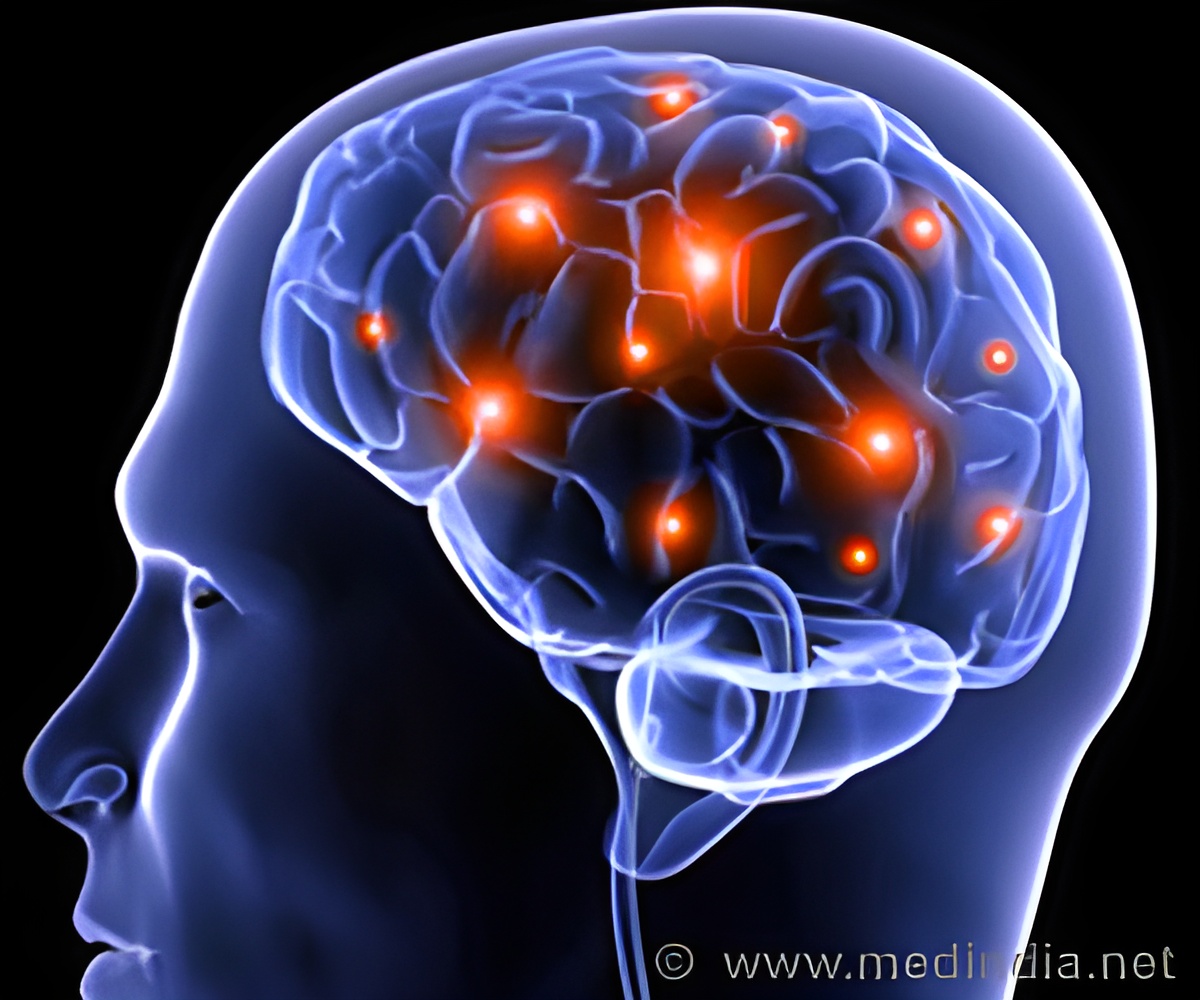
The study was conducted by scientists with UCLA's Gail and Gerald Oppenheimer Family Center for Neurobiology of Stress and the Ahmanson-Lovelace Brain Mapping Center at UCLA.
The discovery that changing the bacterial environment, or microbiota, in the gut can affect the brain carries significant implications for future research that could point the way toward dietary or drug interventions to improve brain function, the researchers said.
Researchers have known that the brain sends signals to the gut, which is why stress and other emotions can contribute to gastrointestinal symptoms. This study shows what has been suspected but until now had been proved only in animal studies: that signals travel the opposite way as well.
The small study involved 36 women between the ages of 18 and 55. Researchers divided the women into three groups: one group ate a specific yogurt containing a mix of several probiotics - bacteria thought to have a positive effect on the intestines - twice a day for four weeks; another group consumed a dairy product that looked and tasted like the yogurt but contained no probiotics; and a third group ate no product at all.
Functional magnetic resonance imaging (fMRI) scans conducted both before and after the four-week study period looked at the women's brains in a state of rest and in response to an emotion-recognition task in which they viewed a series of pictures of people with angry or frightened faces and matched them to other faces showing the same emotions.
Advertisement
Further, in response to the task, these women had a decrease in the engagement of a widespread network in the brain that includes emotion-, cognition- and sensory-related areas. The women in the other two groups showed a stable or increased activity in this network.
Advertisement
The researchers were surprised to find that the brain effects could be seen in many areas, including those involved in sensory processing and not merely those associated with emotion, said Dr. Kirsten Tillisch, an associate professor of medicine at UCLA's David Geffen School of Medicine and lead author of the study..
The knowledge that signals are sent from the intestine to the brain and that they can be modulated by a dietary change is likely to lead to an expansion of research aimed at finding new strategies to prevent or treat digestive, mental and neurological disorders, said Dr. Emeran Mayer, a professor of medicine, physiology and psychiatry at the David Geffen School of Medicine at UCLA and the study's senior author.
By demonstrating the brain effects of probiotics, the study also raises the question of whether repeated courses of antibiotics can affect the brain, as some have speculated. Antibiotics are used extensively in neonatal intensive care units and in childhood respiratory tract infections, and such suppression of the normal microbiota may have longterm consequences on brain development.
Finally, as the complexity of the gut flora and its effect on the brain is better understood, researchers may find ways to manipulate the intestinal contents to treat chronic pain conditions or other brain related diseases, including, potentially, Parkinson's disease, Alzheimer's disease and autism.
The study will appear in the June edition of the peer-reviewed journal Gastroenterology.
Source-ANI














